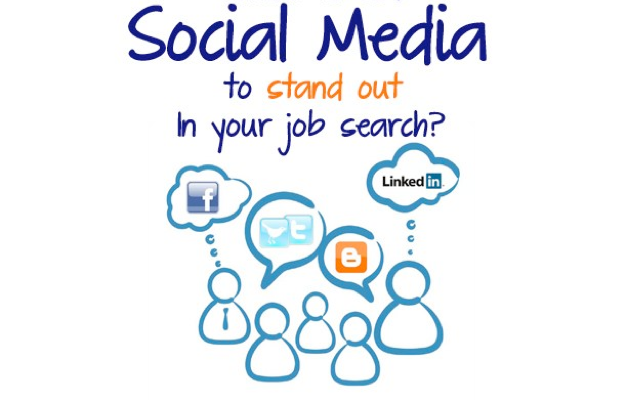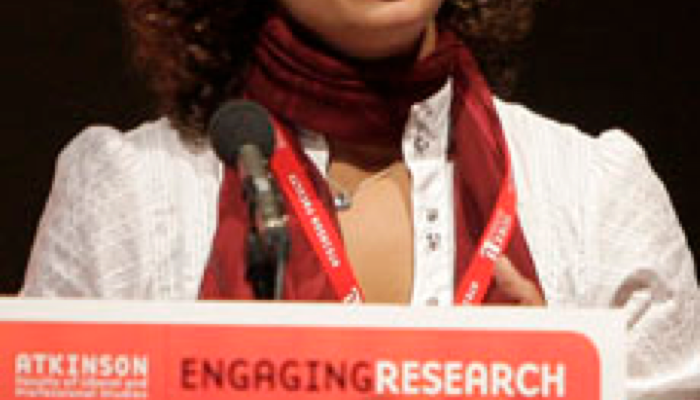Late last week the media started to leak the news that the Ontario government is considering the repeal of all day kindergarten. Today, multiple outlets confirmed that Don Drummond’s report to Dalton McGuinty will suggest a number of service cuts – including the elimination of this new educational plan. Ouch! This is a pretty significant change for families in Toronto. And there are numerous implications for our workplace and the future productivity of Ontario.
It would be difficult to argue against the idea that education is the key to our future economy. When Ontario first considered all day kindergarten, a number of reports outlined the benefits of early learning for achievement of students later in their development. In the old model, this benefit is only available to families that can afford Montessori or Early Learning programs for their children. We had a two-tiered learning system for our very youngest learners. Educational studies have found that this “advantaged” follows students into the junior grades and is evident in achievement levels well into primary school grades. And while early differences might be small, they compound like interest and add up to significant differences later in life. All day kindergarten levelled out the advantages.
From a pure investment model, Canada was found to rank 14th among OECD countries in terms of public spending on early learning relative to gross domestic product. Despite the troubles with the American model of education, they outpaced us on this metric coming in 9th on the same ranking.
All day kindergarten was introduced to benefit children as well as their families. Academics and popular writers have long been examining the careers of men and women with children. It is clear that having and raising children alters career trajectories for at least one member of a parenting couple – typically, but not always the woman in the dyad. Again, all day kindergarten provided an opportunity to redress this imbalance and allow 50% of the workplace to fully participate in labour sooner than they would otherwise be able to. It also provided relief to low-income families where both parents have to work and a large portion of the income goes directly into childcare resources.
It is disappointing to see that after only three years, there is already a discussion beginning about whether to remove this important public service. I am quite aware that I am biased. My son Aidan is in his first year of all day kindergarten this year and may see it removed before he can move to his senior year. My head is already spinning with all of the care arrangements I will have to figure out by fall if the decision is made to abolish all day learning. I will be looking for ways to enrich his learning beyond the three hours a day of school he might receive come fall. It will be a hassle but there will be options. I feel for the families that have planned their household economics around all day kindergarten only to see it removed mid-stream.
I am curious to hear your thoughts. All day kindergarten – investment in our families and our futures or expensive babysitting?







